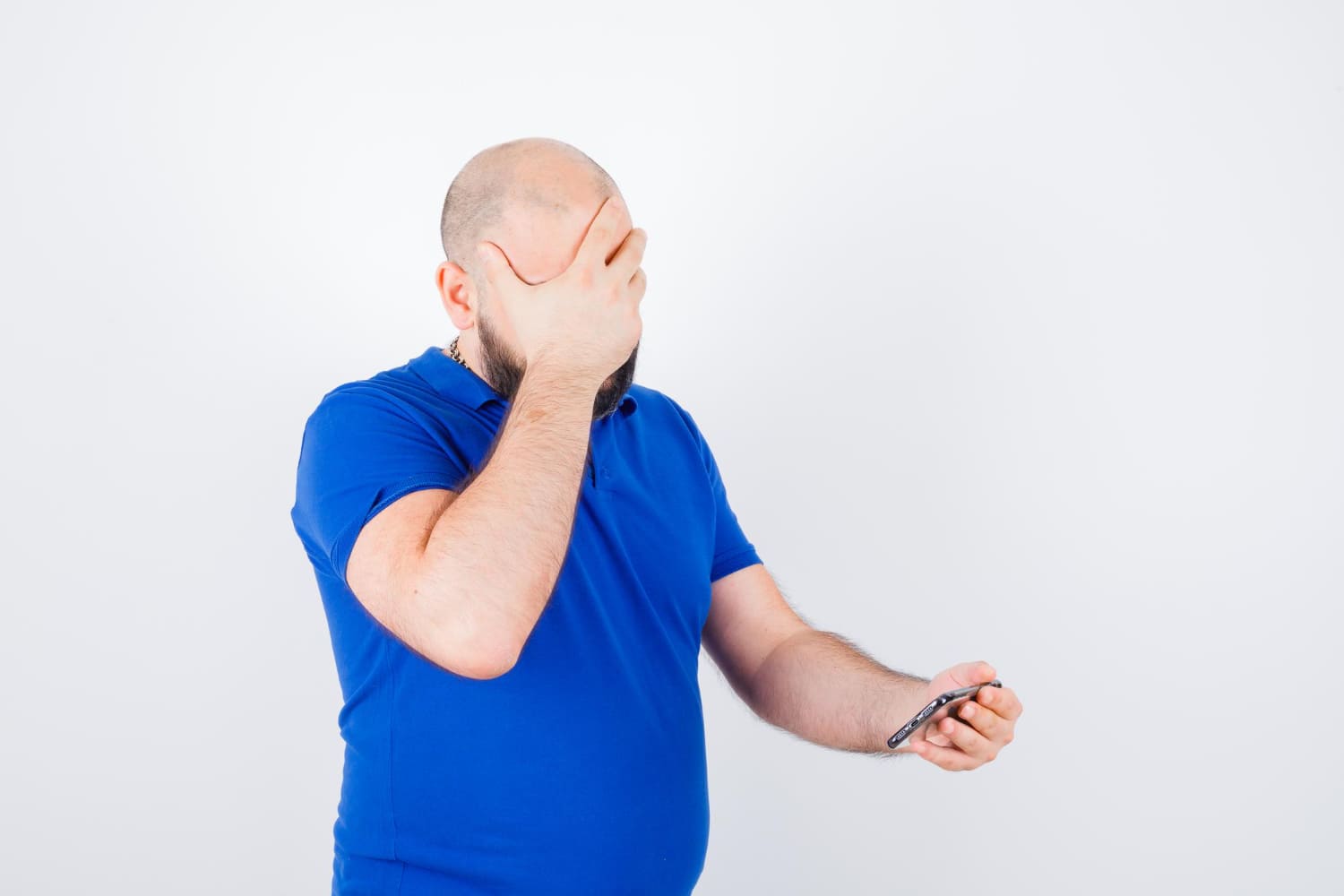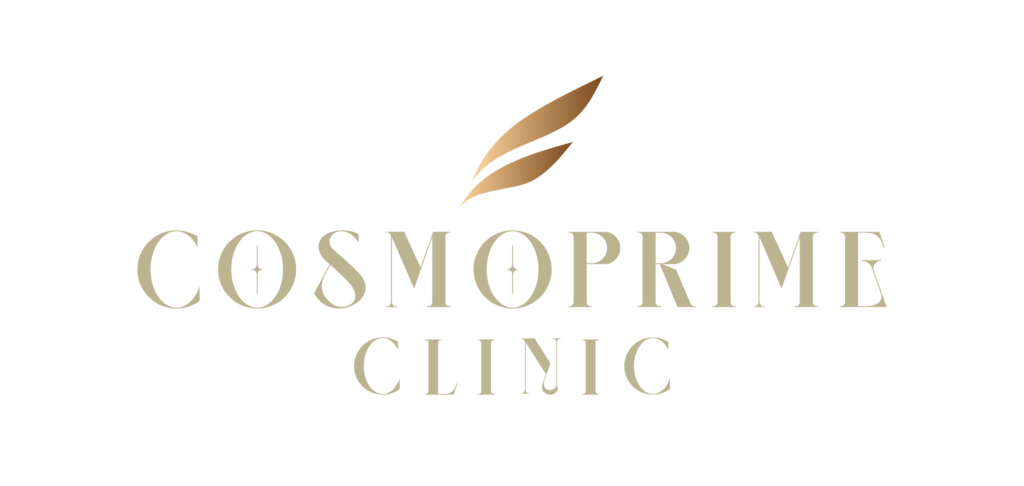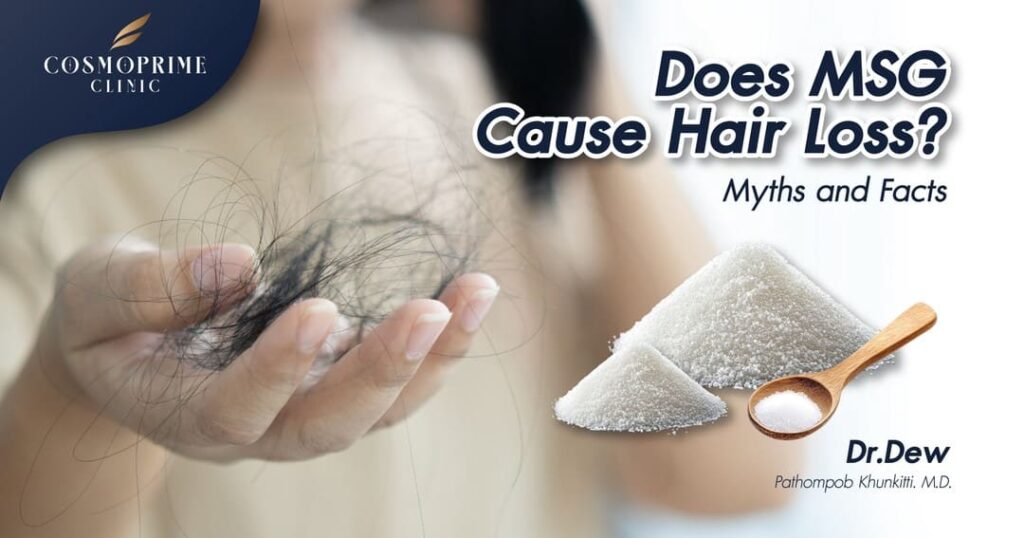Learn whether monosodium glutamate (MSG) contributes to hair loss. Discover the science behind MSG and its impact on your health, including any potential effects on hair.
table of contents

Does MSG Cause Hair Loss?
Monosodium glutamate (MSG) is a common food additive known for enhancing flavor. However, there have been concerns about its potential impact on health, including whether it can cause hair loss. In this article, we will explore the connection between MSG and hair loss, examining whether the claims hold any scientific truth.
What is MSG and How Does It Affect Your Body?
MSG is a flavor enhancer commonly used in processed foods, restaurant dishes, and snacks. It is a salt derived from glutamic acid, an amino acid naturally present in foods like tomatoes and cheese. While MSG is generally recognized as safe by major health organizations, there are some claims that it can have adverse effects on health.
Can MSG Cause Hair Loss?
There is currently no direct scientific evidence linking MSG to hair loss. Most claims suggesting that MSG causes hair fall are not supported by credible studies. However, certain factors may contribute to the confusion:
-
Allergic Reactions: In rare cases, some individuals may experience an allergic reaction to MSG, known as “Chinese Restaurant Syndrome,” which can lead to headaches, sweating, and other symptoms. While hair loss is not a typical symptom, any allergic reaction could potentially affect overall health and well-being.
-
Impact on Overall Health: MSG, when consumed in large quantities, may indirectly affect health conditions such as high blood pressure or obesity, which in turn could influence hair health. Chronic health issues can contribute to hair thinning or loss, but the relationship is indirect.
-
Nutritional Imbalances: If you consume too many processed foods containing MSG and lack a balanced diet, you might experience hair loss due to nutritional deficiencies. A lack of key vitamins and minerals like iron, zinc, or biotin can lead to hair thinning.
How to Protect Your Hair and Health from Unnecessary Risk
- Maintain a Balanced Diet: Focus on a diet rich in vitamins and minerals to support healthy hair growth. Include foods like leafy greens, nuts, seeds, and lean proteins.
- Limit Processed Foods: Reducing the intake of processed foods that may contain high levels of MSG can help improve your overall health.
- Manage Stress: Chronic stress can contribute to hair loss. Practice stress management techniques like meditation or exercise.
- Consult a Doctor: If you are experiencing significant hair loss, it is always best to consult a healthcare professional to rule out any underlying health conditions.




